The CMP Review — Week of April 3
April 3, 2023

“Leisure for themselves and a sense of leisure in those about them is as necessary to children’s well being, as it is to the strong and benign parental attitude of which I am speaking.”
— Charlotte Mason, volume 3, p. 35
📷 @aolander
April 4, 2023
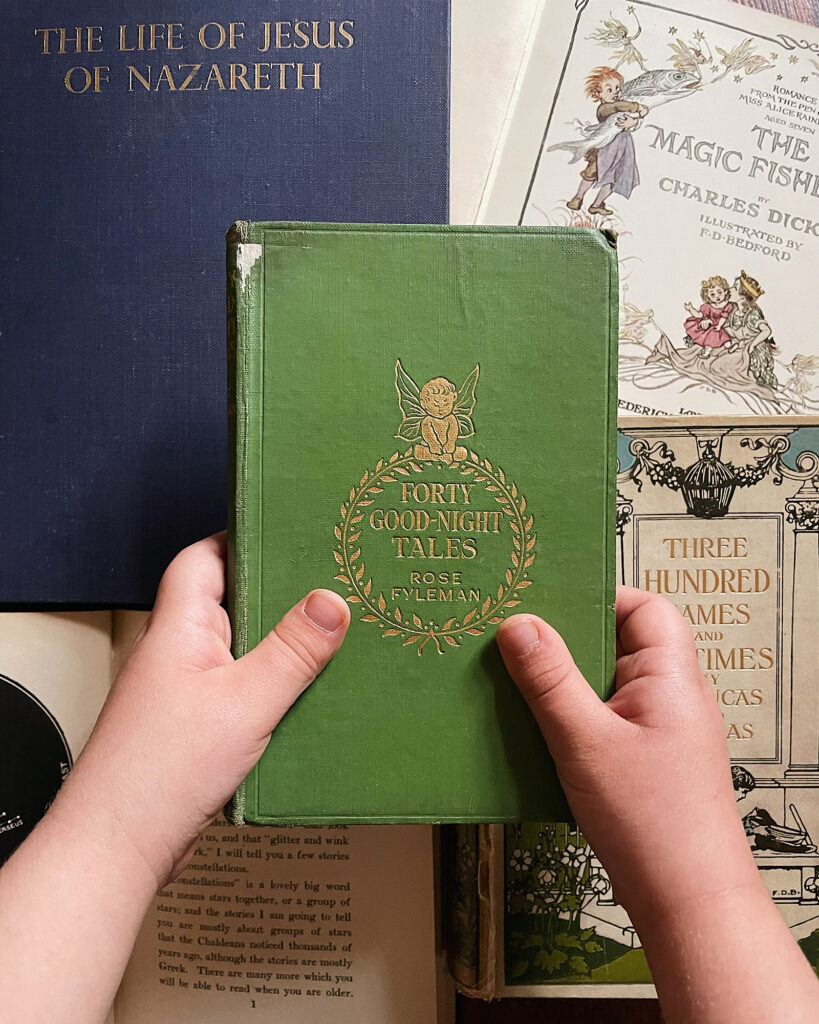
“We receive, almost daily, letters from mothers who would like their children to join the [Parents’ Union School] between [ages] four and five,” wrote an exasperated director of the P.U.S. in 1926. But then she steadfastly insisted: “we need to remind ourselves that children deprived of a quiet growing time suffer later.”
“Miss Mason has sketched briefly in the prospectus of the P.U.S. what lines pre-school training and occupation should follow,” she explained. Perhaps this “brief sketch” is referring to a single paragraph in an undated P.U.S. document said to be written before Charlotte Mason’s passing in 1923. But then, as now, parents want a little more guidance.
And so the Director of the P.U.S. aimed to meet that need while remaining true to Miss Mason’s ideals. Not “lessons” but “occupations.” Not “school” but a “playroom.” And so “Occupations for Children Under Schoolroom Age” was born. Who exactly wrote it? And what was its relationship to the elusive “Playroom Leaflet”?
Today Haley Struecker tackles these questions in an insightful editor’s note, and then she proceeds to read for us the vintage 1926 document. Packed with suggestions and wisdom, it shows us even today how “parents can share the quiet growing time with their children and give them their first delightful intimacies with books and things.” Read or hear it here.
@artmiddlekauff
April 5, 2023
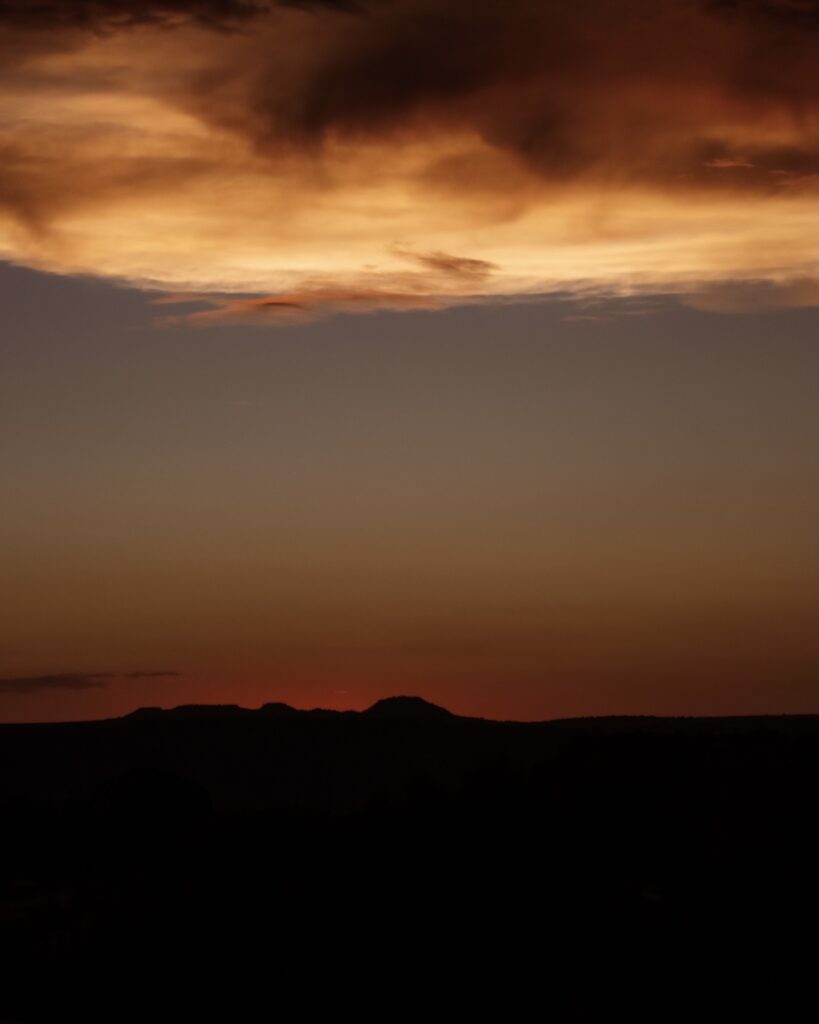
For Christ, our Passover lamb, has been sacrificed.
(1 Cor. 7b)
@rbaburina
📷 @aolander
April 6, 2023
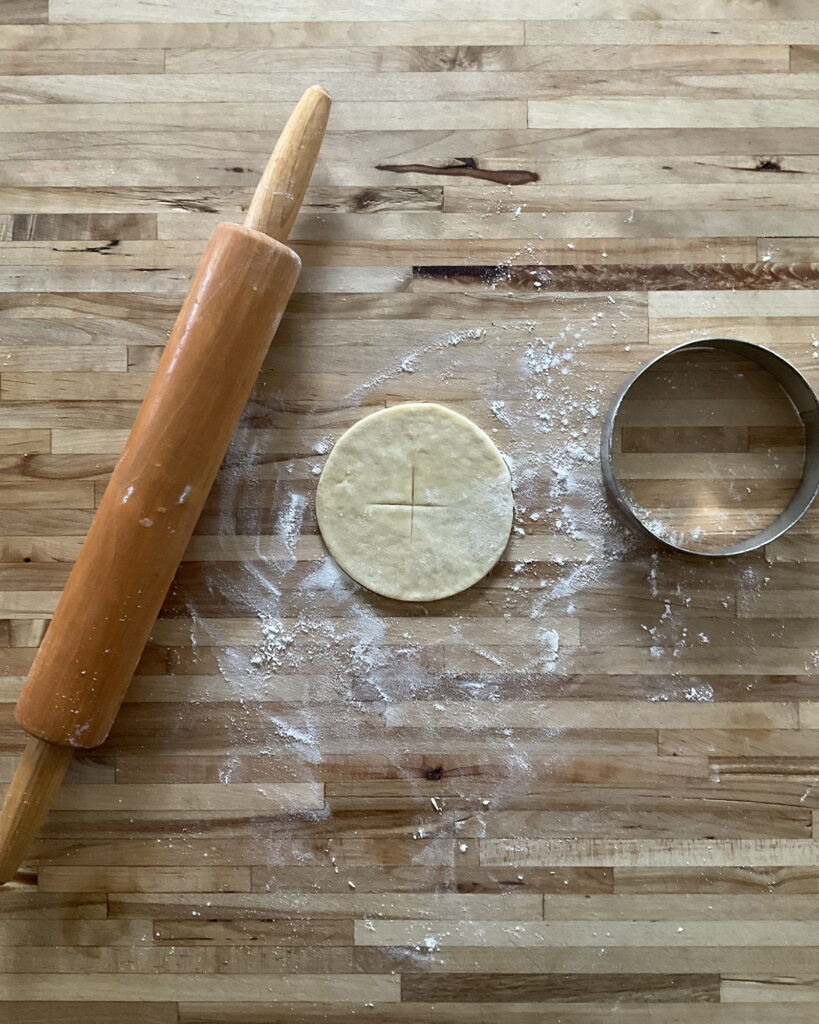
“Maundy Thursday receives its name from the mandatum (commandment) given by our Lord,” says the prayer book. “This day commemorates … the institution of the Eucharist.”
It may surprise some to hear of the special place of the Eucharist in Charlotte Mason’s philosophy of education and life. “The meaning to us of the blessed Sacrament, the sign and, so far as it is truly the sign, the vehicle of that substance which is the life, depends upon our apprehension of Life and Meat,” wrote Charlotte Mason in 1898.
What does she mean by “our apprehension of Life”? She explains: “Our carnal and material minds are willing to receive it that all life is derived from God, as a gift is derived from a giver, but we shrink from the thought that all life is a manifestation of the very Life of God. Perhaps we shall approach to some realisation of the meaning of the mystery of those outward and visible signs—the bread which is made from the living seed, the wine which is crushed from the living fruit—when we perceive why these things sustain even our bodily life.”
This realisation led to one of the most profound sentences in all of Miss Mason’s writings: “All the life that we have, of whatever sort, is the life of Christ, and in proportion as we realise that which is least, we shall perceive, however dimly, that which is greatest, and every eating of bread and drinking of wine will become to us, in a lesser degree, sacramental.”
If every eating of bread can become, to some degree, sacramental, what of that grammar lesson or that lesson with your child in math? In 1913 Mason wrote that we can also “realize something of the solemn and sacramental character of education, which is the outward and visible sign of that inward and spiritual grace,—the life and growth of the human spirit.”
It all depends on our apprehension of Life. My prayer on this Maundy Thursday is for that apprehension to become just a bit more full.
@artmiddlekauff
April 7, 2023
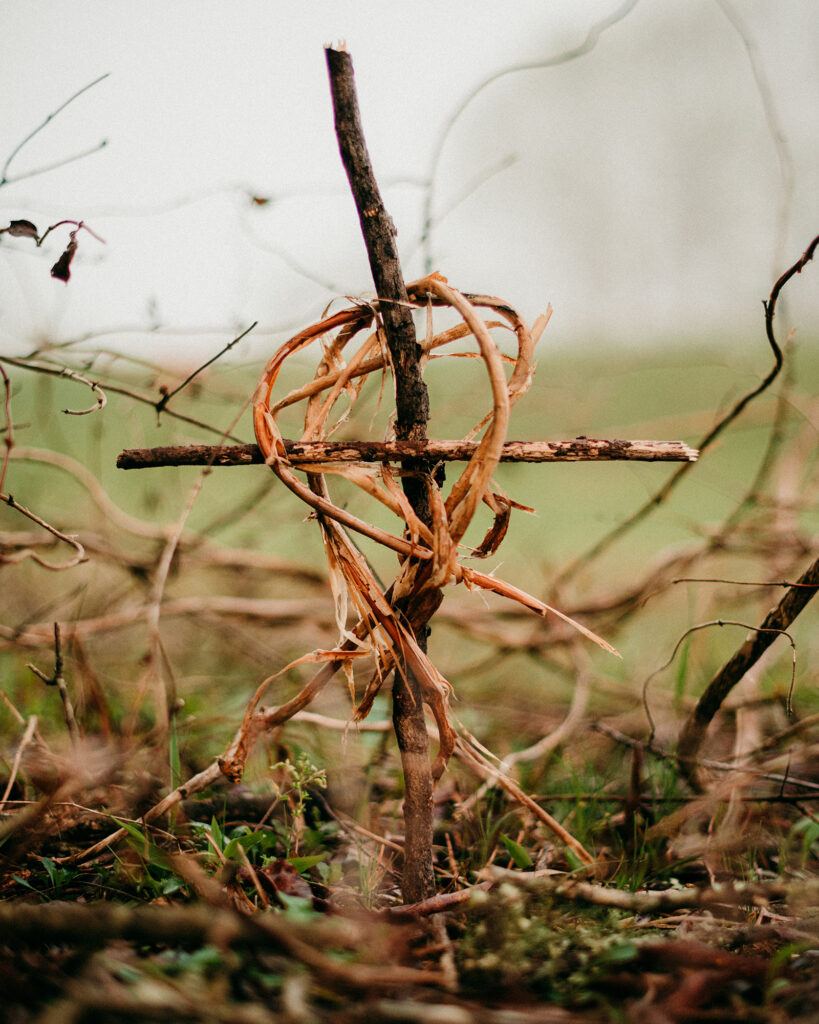
Jesus’ body is taken down from the cross
by Malcolm Guite
His spirit and his life he breathes in all,
Now on this cross his body breathes no more.
Here at the centre everything is still,
Spent, and emptied, opened to the core.
A quiet taking down, a prising loose,
A cross-beam lowered like a weighing scale,
Unmaking of each thing that had its use,
A long withdrawing of each bloodied nail.
This is ground zero, emptiness and space
With nothing left to say or think or do,
But look unflinching on the sacred face
That cannot move or change or look at you.
Yet in that prising loose and letting be
He has unfastened you and set you free.
(From The Word in the Wilderness: A Poem a Day for Lent and Easter by Malcolm Guite. This poem and many others are also available at his website.)
@antonella.f.greco
📷: @aolander
April 8, 2023
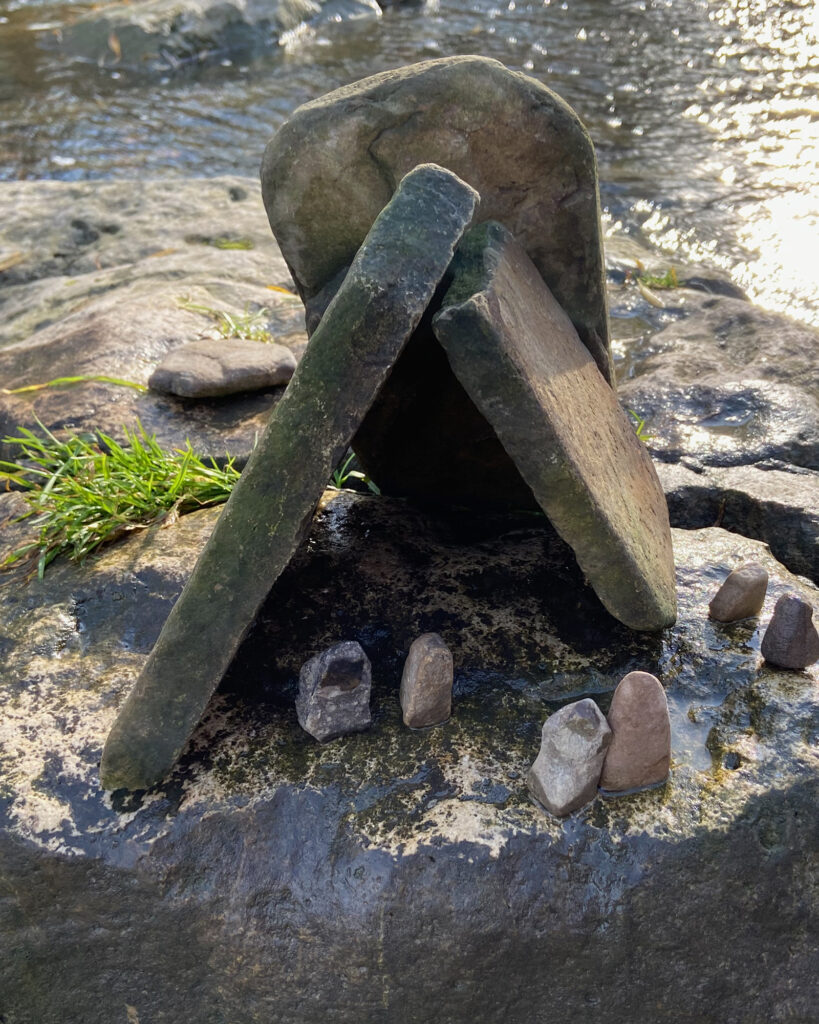
Jesus is laid in the tomb
by Malcolm Guite
Here at the centre everything is still,
Before the stir and movement of our grief
Which bears its pain with rhythm, ritual,
Beautiful useless gestures of relief.
So they anoint the skin that cannot feel
And soothe his ruined flesh with tender care,
Kissing the wounds they know they cannot heal,
With incense scenting only empty air.
He blesses every love that weeps and grieves,
And makes our grief the pangs of a new birth.
The love that’s poured in silence at old graves
Renewing flowers, tending the bare earth,
Is never lost. In him all love is found
And sown with him, a seed in the rich ground.
(From “The Word in the Wilderness: A Poem a Day for Lent and Easter” by Malcolm Guite. This poem and many others are also available at his website.)
@antonella.f.greco
April 9, 2023

“I am the Resurrection, I, the Life:”—
Ah, blesséd woman, that thine ear,
Prepared by sorrow’s poignant strife,
Should first those words momentous hear!
Thou learn’dst,—the resurrection’s near;
Thou learn’dst,—the rising from the dead
Is all one act with living here
For who receives that word Christ said,—
“He who believes in Me, alive, through death is led.”
— Charlotte Mason, 1911
📷: @aolander
Happy Easter from the Charlotte Mason Poetry team!